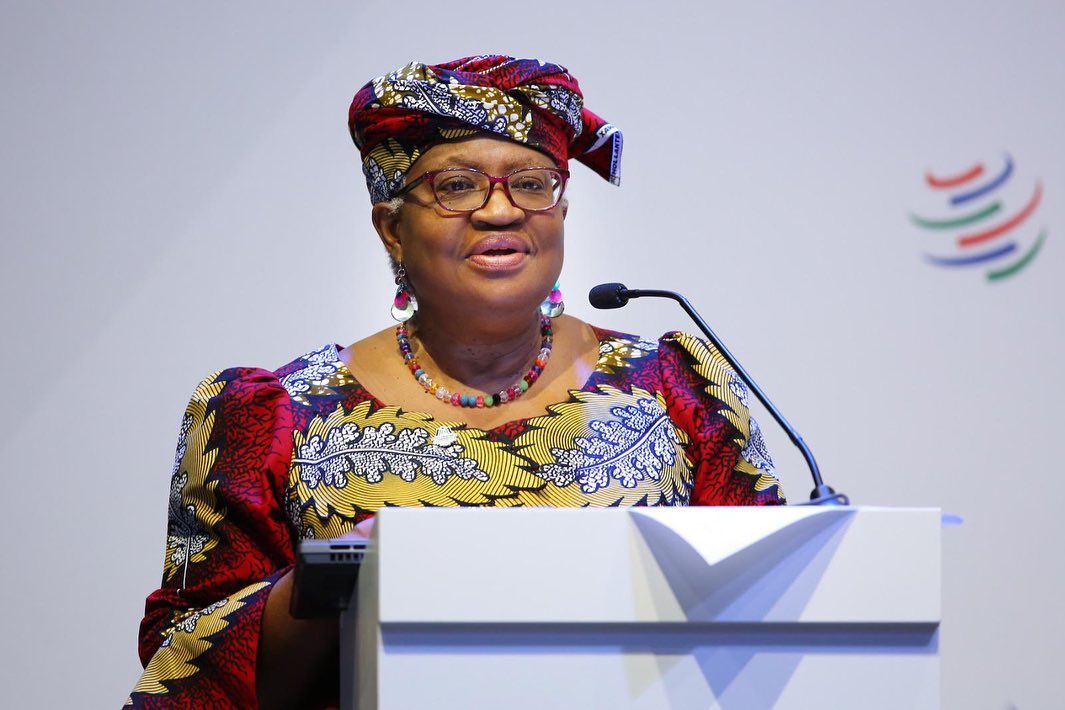P&G to dissolve ground operations in Nigeria and revert to an import-only business model
As Nigerians moan over the exorbitant price of drugs like Augmentin due to the exit of maker GSK from Nigeria, it appears more troubles are on the horizon as Procter & Gamble is also set to leave Nigeria.
Consumer goods giant Procter & Gamble (P&G) stated it plans to dissolve on-ground operations in Nigeria.
The Chief Financial Officer of the group Andre Schulten stated this during his presentation at the Morgan Stanley Global Consumer & Retail Conference.
The company explained that it is difficult to do business in Nigeria as a dollar-denominated organisation and the macroeconomic reality in Nigeria is responsible for its latest strategic decision.
Mr Schulten stated, “The other reality that arises in some of these markets is that it gets increasingly difficult to operate and create U.S dollar value. So when you think about places like Nigeria and Argentina, it is difficult for us to operate because of the macroeconomic environment.”
“So with that in mind, we are announcing a restructuring program with the intent to adjust the operating model and adjust the portfolio to ensure that we maintain the portfolio discipline that has brought us to this point. The restructuring program will largely focus on Nigeria and Argentina. We’ve announced that we will turn Nigeria into an import-only market, effectively dissolving our footprint on the ground in Nigeria and reverting to an import-only model”
It further explained that the decision will help the company focus on markets that have the highest potential.
Reacting to questions about the effect of the company’s planned restructuring in Nigeria and Argentina on its overall group’s portfolio, the CFO explained that Nigeria is a $50 million net sales business.
Compared to its overall portfolio worth $85 billion, the company does not anticipate any material impact on the group’s balance sheet from a sales or profitability standpoint.
The current macroeconomic conditions in Nigeria have negatively affected foreign USD-denominated companies in Nigeria. In August, drug maker GSK announced it’s ceasing operations in Nigeria and appointing a third party to take over distributions.
These companies have often cited difficulty in sending back U.S. dollars outside Nigeria. The Central Bank has acknowledged it has a forex backlog to the tune of around $7 billion.
























